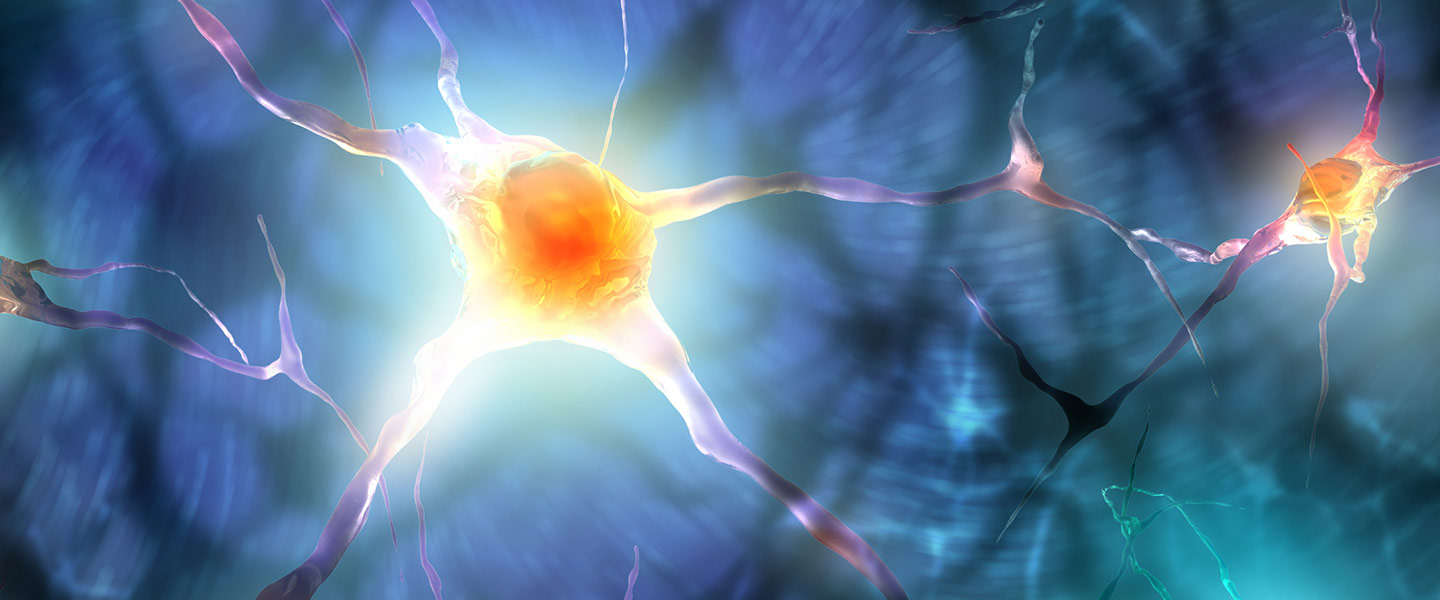Study Reveals Weaker Brain Connections in Patients Who Did Not Receive Prompt Treatment for Psychosis
Study Reveals Weaker Brain Connections in Patients Who Did Not Receive Prompt Treatment for Psychosis

For people with psychosis in early stage schizophrenia, early treatment is important. Patients whose psychotic symptoms go untreated for longer periods tend to have more severe symptoms and a lower quality of life, even after treatment.
New research published March 15 in the journal Neuropsychopharmacology finds that a longer period of untreated psychosis is also associated with less connectivity to and from the striatum, a part of the brain linked to antipsychotic treatment outcomes.
The study, led by Dr. Anil K. Malhotra at the Feinstein Institute for Medical Research -- a 1999 Young Investigator, 2001 and 2006 Independent Investigator, and BBRF Scientific Council member -- used functional magnetic resonance (fMRI) imaging to analyze brain activity in patients with psychotic disorders, then correlated this activity with the length of time patients remained untreated after their psychotic symptoms began. Among the 83 patients in the study, the average time to treatment after the onset of symptoms was 77 weeks.
The research team also included 2005 Independent Investigator Delbert G. Robinson, M.D., and 2001 Young Investigator and 2013 Independent Investigator Todd Lencz, Ph.D., at the Feinstein Institute, 2013 Young Investigator Juan A. Gallego, M.D., M.S., at Weill Cornell Medical College, and 1998 and 2003 Young Investigator 2009 Independent Investigator Philip R. Szeszko, Ph.D., at the Icahn School of Medicine at Mount Sinai.
At the time the study began, participants had been taking antipsychotic medications for no more than 2 years. Brain scans were taken for each patient, and their symptoms were monitored for 12 weeks while they were treated with a second-generation antipsychotic (aripiprazole, risperidone, or risperidone plus an omega-3 fatty acid supplement).
The researchers found that not only did those whose symptoms had been untreated the longest have the worst treatment outcomes, they also had less brain activity connecting the striatum to specific regions in the brain’s cerebral cortex.
Some of the affected connections belong to brain networks involved in maintaining and manipulating information, goal-directed behaviors, and problem-solving. In previous work, Dr. Malhotra and colleagues have found that patients with the greatest change in connectivity between these parts of the brain respond best to antipsychotic treatment.



